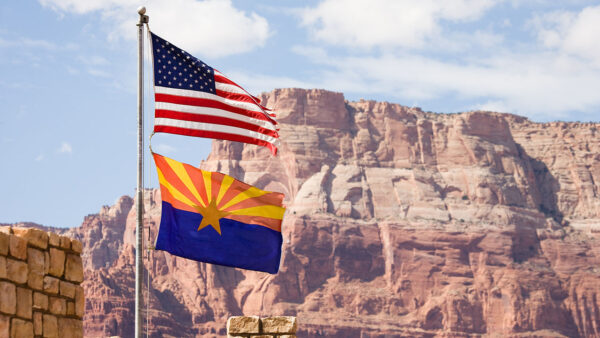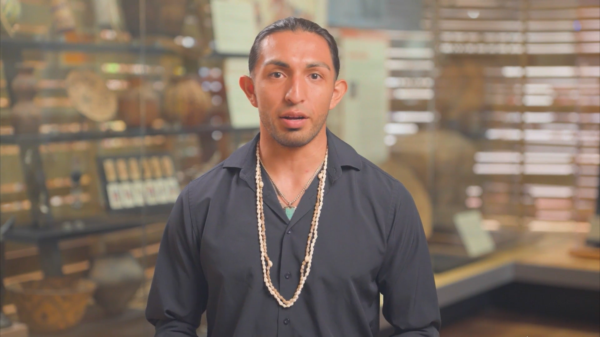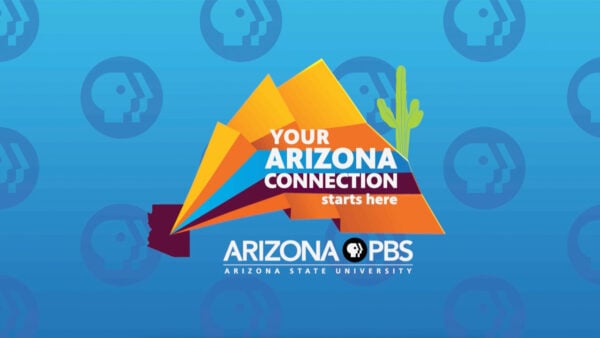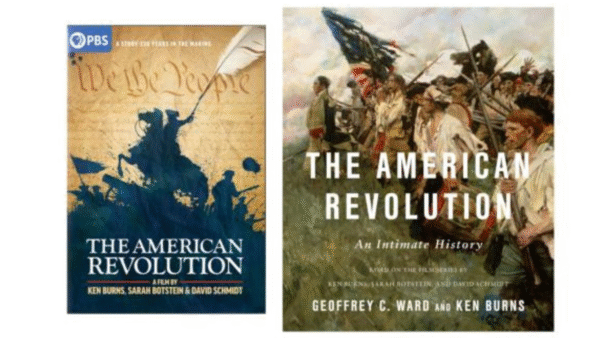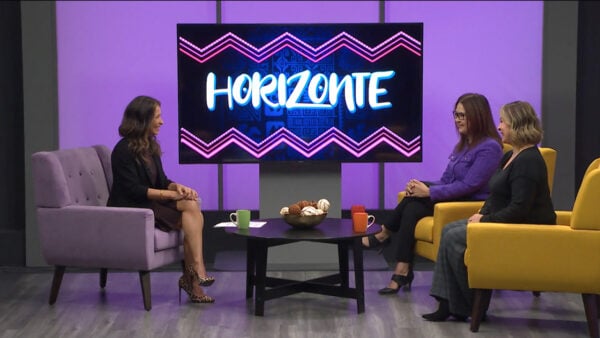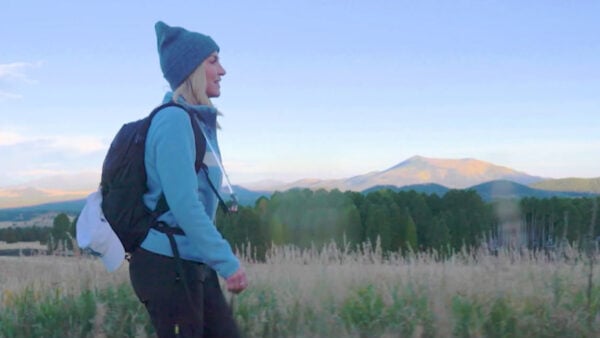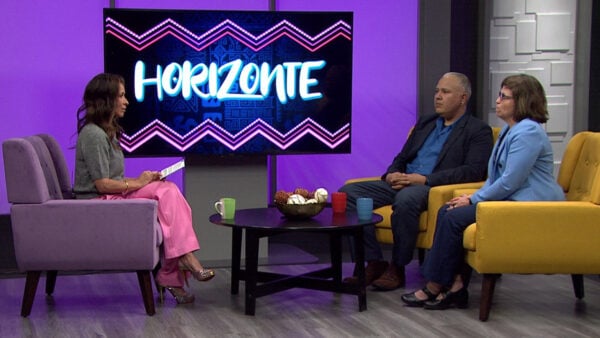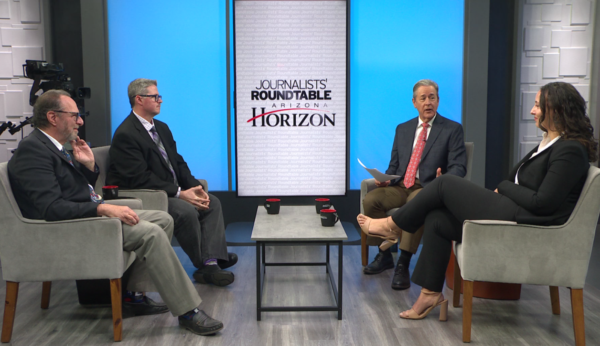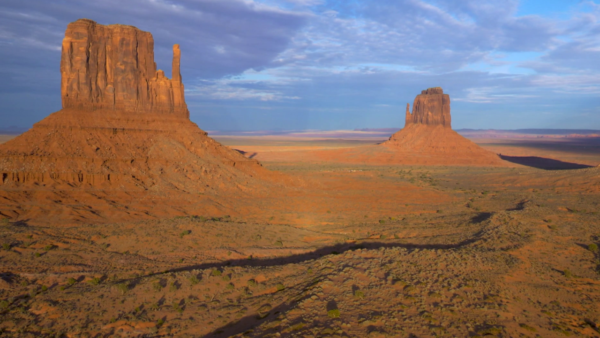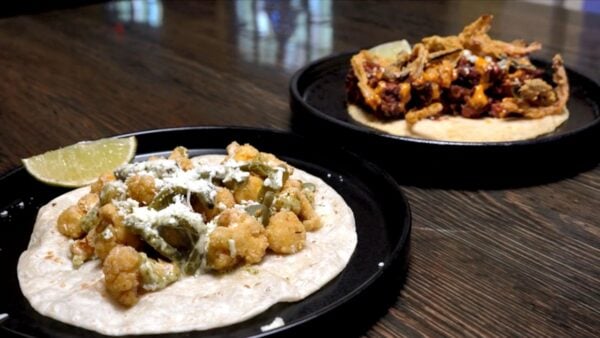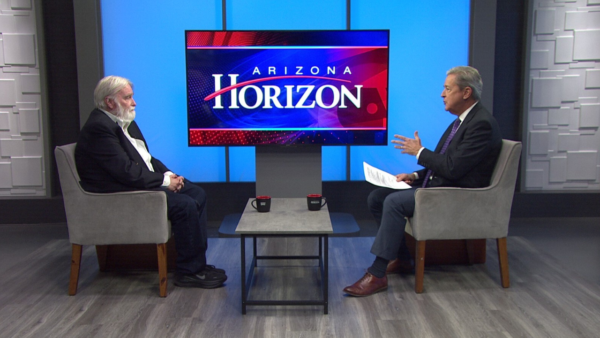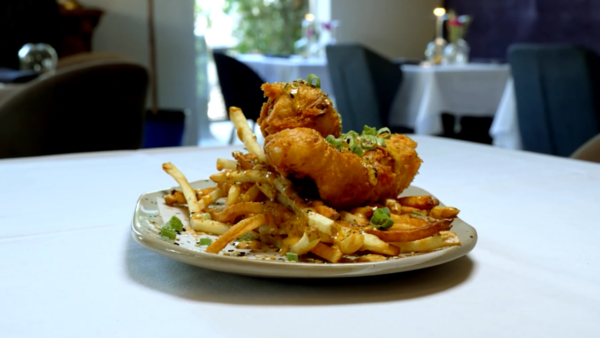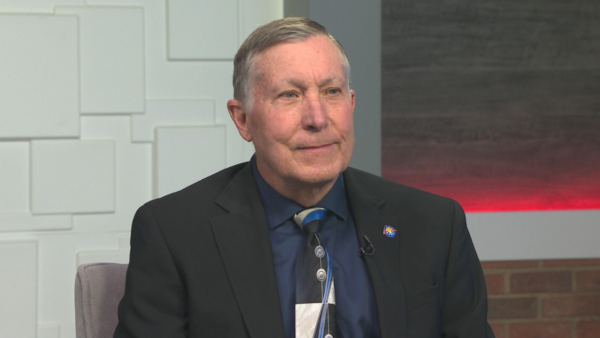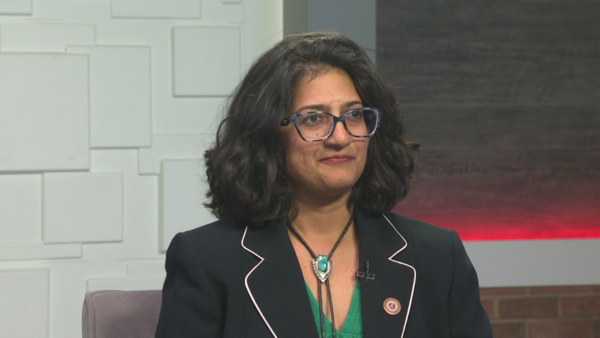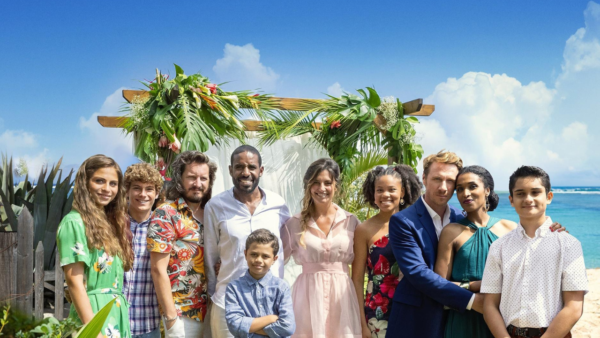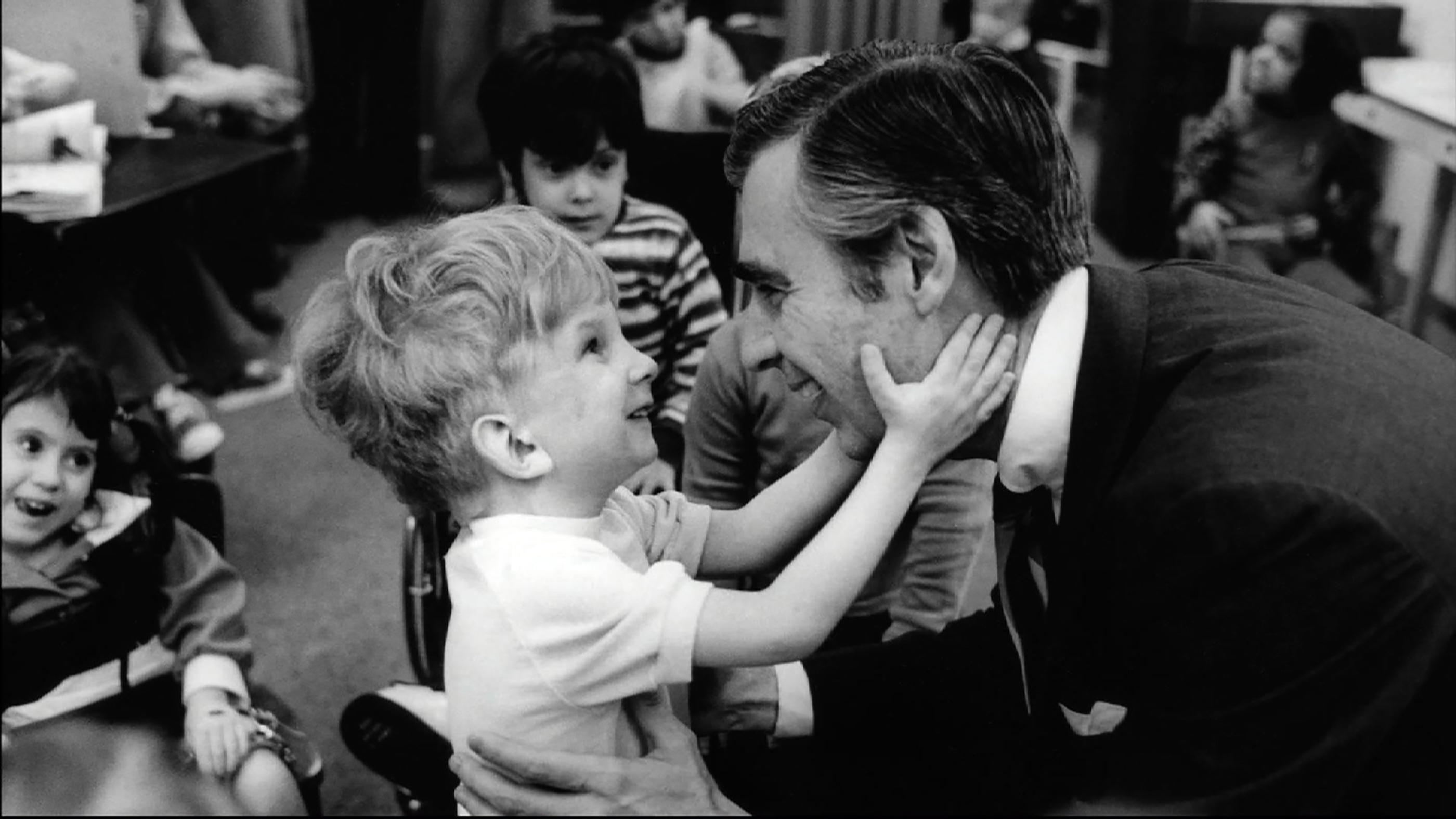
Mister Rogers film is a reminder of what young children need
Feb. 6, 2019
“Won’t You Be My Neighbor?,” the award-winning documentary airing February 9 on Arizona PBS, is well worth the time for parents, grandparents, early childhood professionals and anyone who cares for, or about, young kids. Fred Rogers cared a lot. And revisiting his life’s work helps bring clearer focus on what young children need most from us.
“Children have very deep feelings, just the way parents do. Just the way everybody does. And our striving to understand those feelings, and to better respond to them, is what I feel is a most important task in our world.” — FRED ROGERS
Among those interviewed in the film is Junlei Li, co-director of the Fred Rogers Center for Early Learning and Children’s Media at Saint Vincent College, which carries forward Mister Rogers’ legacy. In 2017, prior to delivering an inspiring keynote at the First Things First Early Childhood Summit, Dr. Li kindly answered a few of our questions about early childhood and parenting. Like the film, Junlei’s words are worth spending some time with, too.
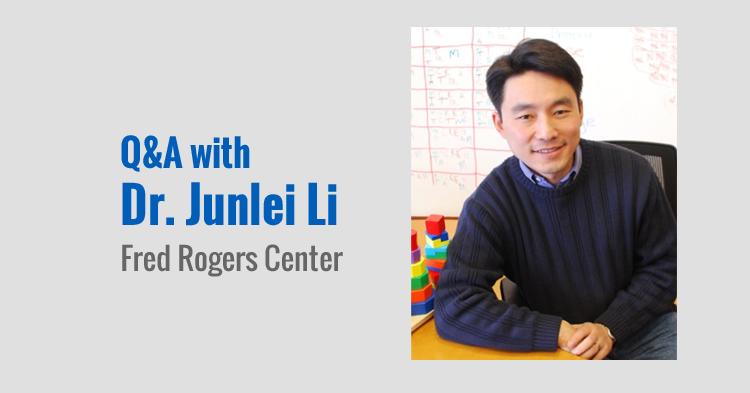
What’s happening in a child’s brain in their first five years of life? Why is this time so critical to a child’s long-term development?
Junlei Li: One word, “connection,” captures for me what is happening inside and what is needed from the outside for a young child’s brain. The brain cells are rapidly growing and building connections on the inside, and what the brain needs is a reciprocal connection with the external world — from its sights, sounds, touches and most importantly, love and affection through the smiling faces and gentle touches and the responsiveness of the caregivers.
While I believe so strongly that each time period has its own unique purpose and importance in the course of human development, I feel that the first few years of life offers each child life’s first lessons about the kind of world we all live in. The first few years of life teach a child deep and meaningful lessons about questions that stay with us for a lifetime: Do I matter to someone? Am I worthy of being loved? Can I learn and grow at my pace? Do I belong here? Am I capable of offering happiness to those around me? Is there someone out there who loves, accepts, and values me for what I am right here and right now?
You often talk about the power of human connection.
JL: Mister Rogers refers to the space between one human being and another — even across the television space — as “holy ground.” In every single human interaction, there is the potential for something both ordinary and beautiful to happen.
With a child, we have seen in so many different places around the country and the world, that caring people can offer children at least one of the four following elements of what makes a human interaction work: being present, give and take, an opportunity to stretch and grow, and a sense of belonging. It does not matter if we are teaching mathematics or changing diapers, what works for us and our children revolves around these simple principles.
How can parents and families promote their young child’s healthy development?
JL: Trust that you have what it takes to be the caregiver and caretaker of this young child. Your resources may be scarce at times. And your patience may be, too, if you feel otherwise stressed. Your child may not always respond to you the way you hoped, or the way someone else or some book told you they would.
But please know that you do not have to be the “perfect” parent. Know that even as your child learns and grows, you learn and grow as a parent, too. Trust that the simplest, most ordinary things you do, far from the fancy and glitzy and spectacular gestures, are what matters the most.
The greatest gift you can offer anyone, said Mister Rogers, is your honest self. It is your honest self who can listen, who can notice, who can comfort, who can embrace and who can acknowledge mistakes and still feel hopeful for another day of learning and growing with your child.
MORE: Find our archive of First Things First posts here.
About First Things First
Arizonans created First Things First to support the health, development and early education of our state’s youngest children. First Things First partners with Arizona families and communities to help kids have the positive experiences they need to arrive at school ready to succeed.
Visit us online to find early childhood programs in your Arizona community.

